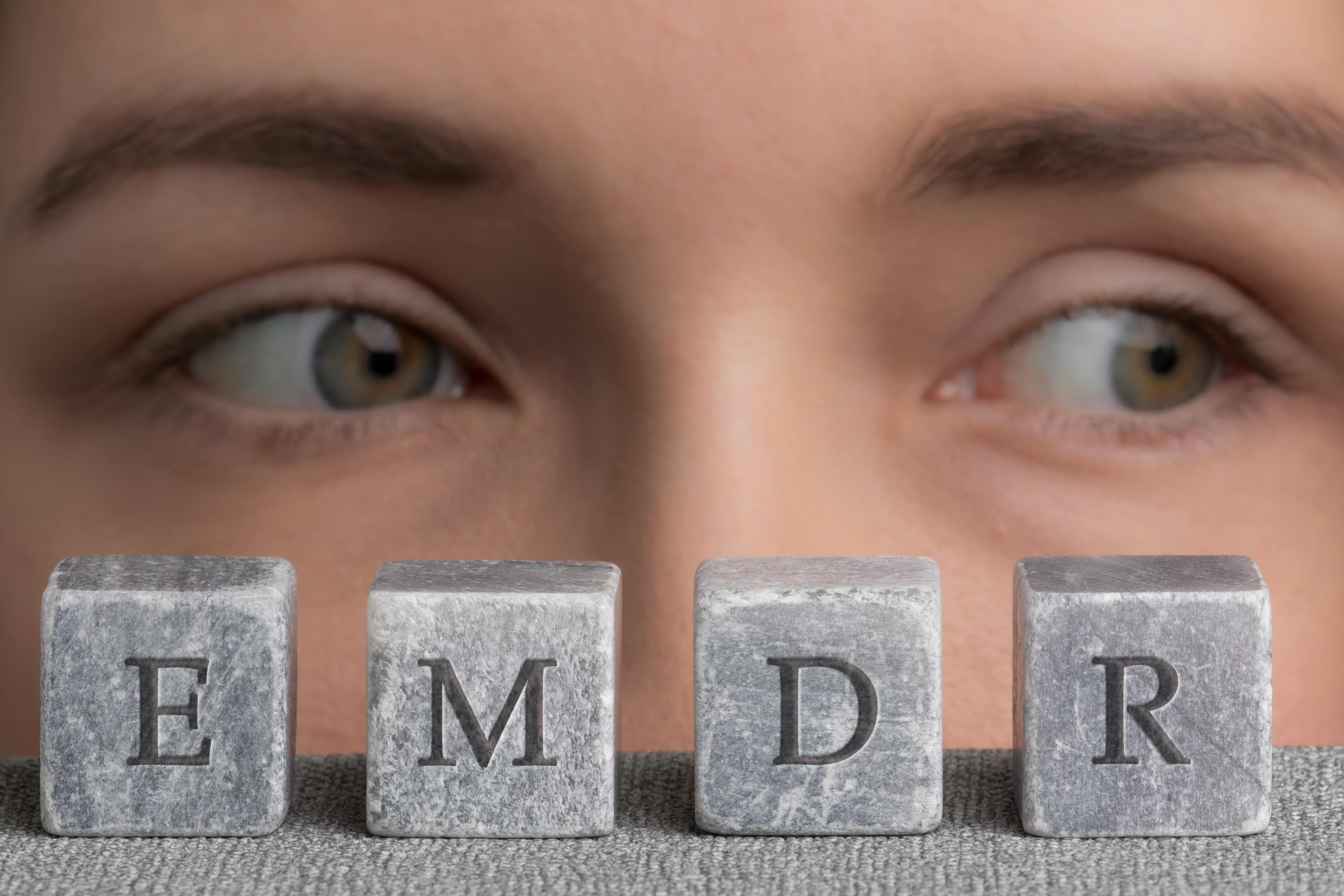EMDR THERAPY


-
What is EMDR Therapy? Eye Movement Desensitisation and Reprocessing (EMDR) is a powerful, evidence-based psychotherapy approach designed to help individuals process and heal from traumatic experiences and distressing life events. Developed by Dr. Francine Shapiro in the late 1980s, EMDR has been extensively researched and is recognised as an effective treatment for post-traumatic stress disorder (PTSD), anxiety, depression, and other mental health conditions.
Unlike traditional talk therapy, EMDR focuses on the brain's natural ability to heal by using bilateral stimulation—such as guided eye movements, tapping, or auditory cues—to help reprocess distressing memories. This technique allows individuals to reframe negative thoughts, reduce emotional distress, and develop healthier coping mechanisms.
Benefits of EMDR Therapy Rapid Symptom Relief: EMDR often produces faster results compared to traditional therapy methods, with many individuals experiencing significant relief in a shorter period.
Reduces Emotional Distress: Helps individuals detach from the intense emotional reactions tied to traumatic memories, allowing them to process experiences in a healthier way.
Effective for PTSD & Trauma: Recognised by organisations such as the World Health Organisation (WHO) and the American Psychological Association (APA) as a leading treatment for PTSD.
Enhances Self-Esteem & Confidence: By reprocessing negative beliefs and replacing them with more positive and empowering thoughts, EMDR can help individuals develop greater self-worth.
Improves Emotional Regulation: Individuals gain better control over their emotions and reactions to stressful situations.
Non-Invasive & Drug-Free: EMDR is a natural approach that does not rely on medication, making it a safe option for those seeking holistic healing.
-
Contact today to begin your journey If you’re struggling with past trauma, anxiety, or emotional distress, EMDR therapy could be a transformative solution for you.